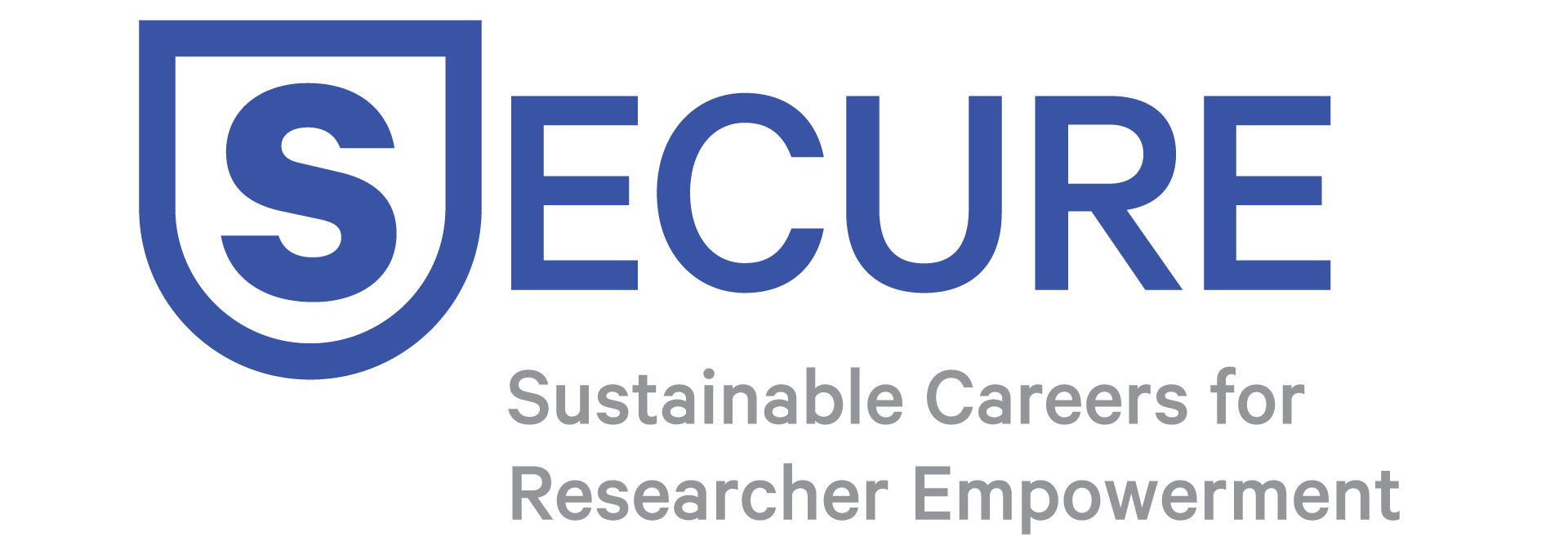While studies show that transferable skills are crucial for recruitment and career progression, training in these skills during PhD programs is limited. Researchers often concentrate on core research activities, overlooking the importance of broader skills. ResearchComp aims to bridge this gap by guiding the development of transferable skills and enhancing researchers’ overall capabilities and career prospects.

A significant number of Ph.D. candidates in the European Union aspire to pursue academic careers, but only a part of them eventually secure academic research positions. To address the lack of awareness regarding alternative career paths and the skills needed the (updated) European Skills, Competences, and Occupations classification (ESCO) and The European Competence Framework for Researchers (ResearchComp) have been devised.
In essence, ResearchComp and the updated ESCO classification guide researchers on their professional journeys, fostering intersectoral mobility and equipping them with the skills required to shape the future of research and society. As researchers and their research continue to evolve towards the common European Research Area, these tools empower researchers to proceed with confidence. ResearchComp encompasses the essential competencies researchers require for a successful and adaptable career, whether they decide to remain in academia or venture into other sectors.
ResearchComp is the skill set scope divided into seven core domains that provide researchers with a solid foundation for their careers. In other words, it is structured into seven competence areas, with each competence offering four proficiency levels (basic, intermediate, advanced, and expert). Within each level a set of 389 well-defined learning outcomes guide researchers, through overall 38
competencies, on their journey to mastery. This framework is a versatile tool which enables researchers to map their skills and chart a path to success, wherever their interests may lead.
Main competence areas of the ResearchComp:
- Cognitive Abilities: Fosters abstract, critical, and analytical thinking, and nurtures intellectual prowess.
- Doing Research: Cultivates disciplinary expertise, scientific research proficiency, and interdisciplinarity.
- Managing Research: Provides the skills to mobilize resources, manage complex projects and negotiate effectively.
- Managing Research Tools: Focuses on efficient handling of research data and promotion of citizen science.
- Making an Impact: Guides researchers through participation in the publication process and sharing results with the research community.
- Working with Others: Encourages professional interaction, networking, and effective teamwork.
- Self-Management: Equips researchers with personal and professional development skills, and encourages an entrepreneurial spirit.
Organized in this way, ResearchComp is a comprehensive skill set tool that encourages research-performing organizations to adapt and enhance their training programs – to be focused on research-specific skills and emphasize the development of transversal skills. Higher education institutions and industry actors are invited to improve interdisciplinary and intersectoral mobility through collaboration, networking, and sharing their best practices. The goal is to equip researchers with the skills they need to thrive in academia and beyond. There is a gap between the skills expected in the labor market and those supplied by educational institutions, and this gap should be narrowed by fostering mutual understanding and collectively developing training programs. Additionally, effective scientific communication is a skill that is very useful to remember, the same as open science principles. Researchers who can convey complex ideas clearly and engagingly can advance effortlessly in their careers, both in and outside of academia, and can make the research path more appealing to the next generation of scholars.
In conclusion, as Europe continues to evolve and adapt in the realm of research and innovation, equipping researchers with a rich tapestry of skills is imperative. The European Commission’s commitment to the development and recognition of these skills is a testament to its dedication to fostering a dynamic and well-equipped research community. Through these initiatives, Europe’s researchers gain what is necessary to grow into capable scientists who could lead the way into an innovative and prosperous future, ensuring that the continent remains at the forefront of global research and development.



